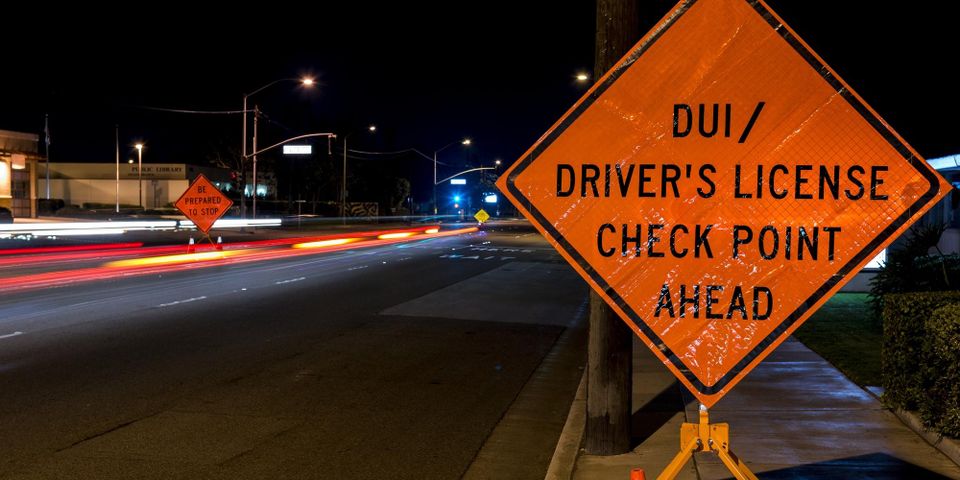What Are My Rights at a DUI Checkpoint?

When the police stop drivers they believe to be under the influence of drugs or alcohol, they’re hoping to make the road a safer place. As a driver, you should be familiar with this process and know what your rights are. This information will help you avoid an arrest and the need to post bail. Here’s more information about what a DUI checkpoint entails.
What Happens at a DUI Checkpoint
If you’re randomly selected for a check, an officer will likely come to your window and ask a few questions. They may ask where you’re coming from or where you’re going. The officer will also look for visual cues of impairment, such as an alcoholic odor, bloodshot eyes, or irregularities in your speech.
If everything seems fine, they’ll let you go. However, if they suspect you’re driving under the influence, they can conduct a vehicle search or ask that you step out of the car to perform a sobriety test.
What Your Rights Are at a DUI Checkpoint
 Your rights under the Constitution and those established by state laws are valid during a DUI checkpoint. While it’s in your best interest to roll down your window and speak politely to the officer, you have some power in what happens next.
Your rights under the Constitution and those established by state laws are valid during a DUI checkpoint. While it’s in your best interest to roll down your window and speak politely to the officer, you have some power in what happens next.
If you’re asked questions, you have the right to remain silent to avoid divulging incriminating information. You can also decline the request if the officer asks you to step out of the vehicle to conduct a sobriety test. Refusing the tests will minimize the evidence the state has against you. In this instance, you’ll be arrested, and you can remain silent in custody until your attorney is present.
If you were taken into custody for driving under the influence, contact the team at 24 Hour Bail Bonds Oahu in Honolulu. This bail bond agency works hard to keep their clients out of jail while they await their hearings. Learn more about their services online, or call (808) 699-8760 to inquire about their rates and flexible payment options.
About the Business
Have a question? Ask the experts!
Send your question

